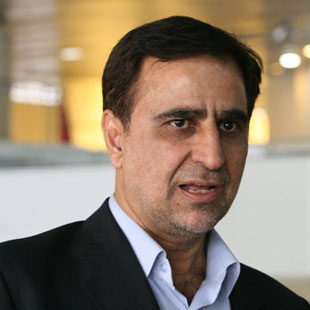The Salafists’ Reverse Revolution in Kuwait

IRD: Can the strikes (and opposition) in Kuwait be considered as a continuation of the Arab Spring?
MA: We should keep in mind that the current situation in Kuwait is organized by Salafist groups and parties, i.e. by Sunni radicals. Therefore the issues should not be considered as a development. As you may know, Kuwait is the only country among the Persian Gulf sheikhdoms that has had parliament and elections, and although not coordinated with international standards, it is more developed than Saudi Arabia, Qatar, UAE and Bahrain.
The present parliament consists of the Sunnis, the partly Laic ones loyal to the regime, and Salafist representatives who have radical Salafi-Wahhabi attitudes. The third group had many problems with Kuwait in recent months due to their opposition to the Kuwait’s positions in domestic and foreign policies.
It is interesting that the Kuwaiti Shiite parliament representatives currently support the Kuwaiti government, or in other words, the Kuwaiti government has good mutual relations with the Shiites. Therefore there is an unwritten agreement between the Kuwaiti government and the Emir and the parliament’s Shiite representatives; this may be the cause of the enmity between the Salafists and the country’s government and Emir.
IRD: What are the demands of these groups?
MA: These radical Salafist groups began their opposition from some time ago, but as they do not enjoy a strong position in Kuwait, they could not perform any major activities. They started with political slogans, but they saw that that would not work because they are democratic groups; then, they continued with the slogans on guilds, welfare and economy, and fought against economic corruption to create a new movements.
IRD: Since these Salafist groups are fighting against reforms, is it possible that the Gulf Cooperation Council or Saudi Arabia supports them?
MA: The Saudi government will not do this, as the Saudi government tries to keep its relations with Persian Gulf countries, and to be a big brother to them. But they will be supported by Salafist groups and figures. These two must be studied separately: the Saudi government does not want any reforms in any of the Gulf Sheikdoms because they will affect Saudi Arabia immediately, followed by strikes and opposition movements. Thus the Saudi government does not see it appropriate or a requirement to struggle with the Kuwaiti Emir; while all Salafist radical groups, figures and clergymen support all Salafist movements all over the world.
IRD: As you mentioned, Salafists do not have a stable position in Kuwait, but they have coordinated some strikes and have claimed that they will continue their activities. What will be the target of these movements?
MA: It cannot be predicted now, as it depends on the Kuwaiti government’s reaction against the opposition and how it manages the economic problems. If the government wisely carries out some economic reforms, all the Salafist movements will be ineffective; but if the reactions are harsh and unwise, the Salafists will take advantage of the situation.

